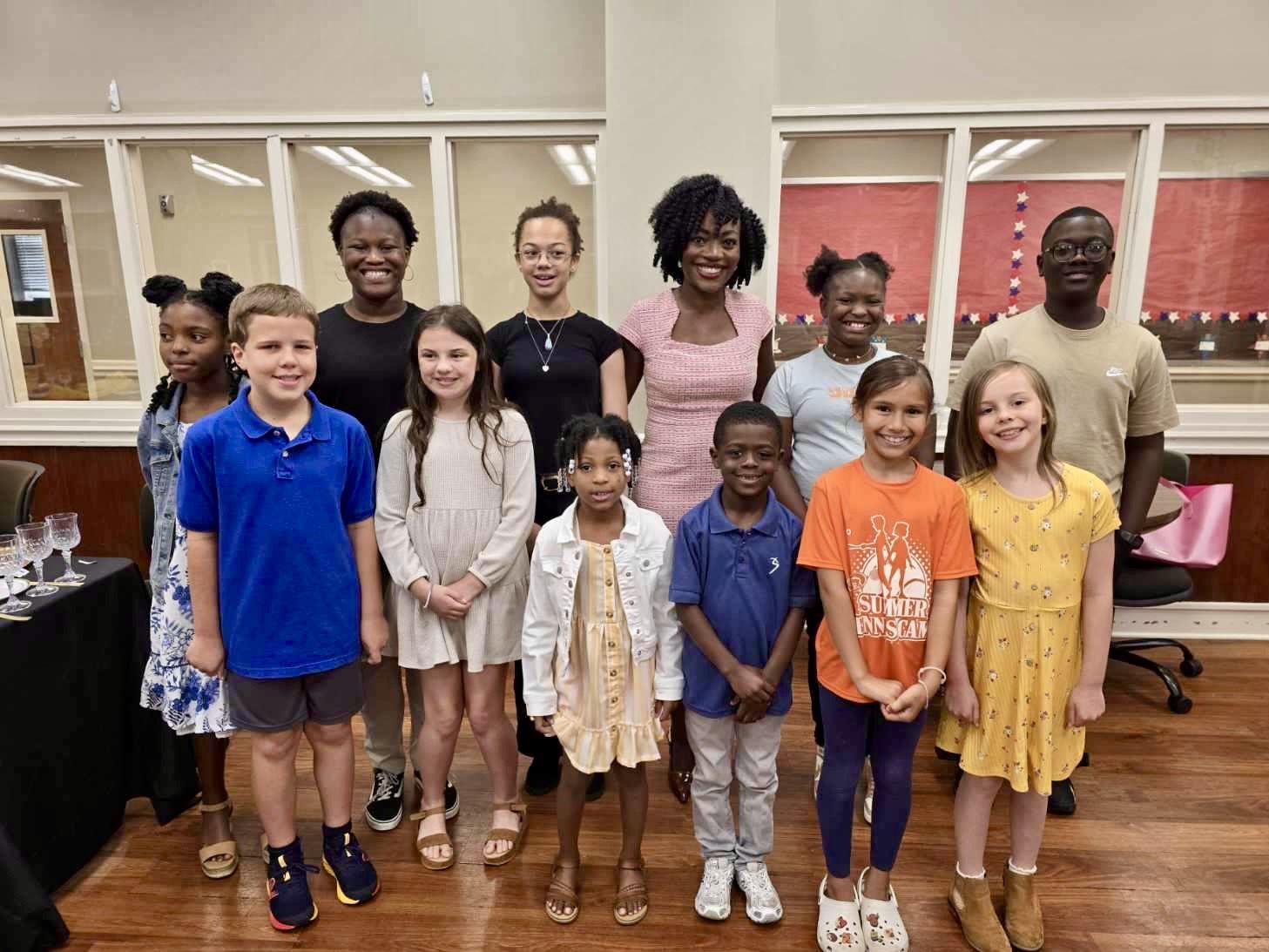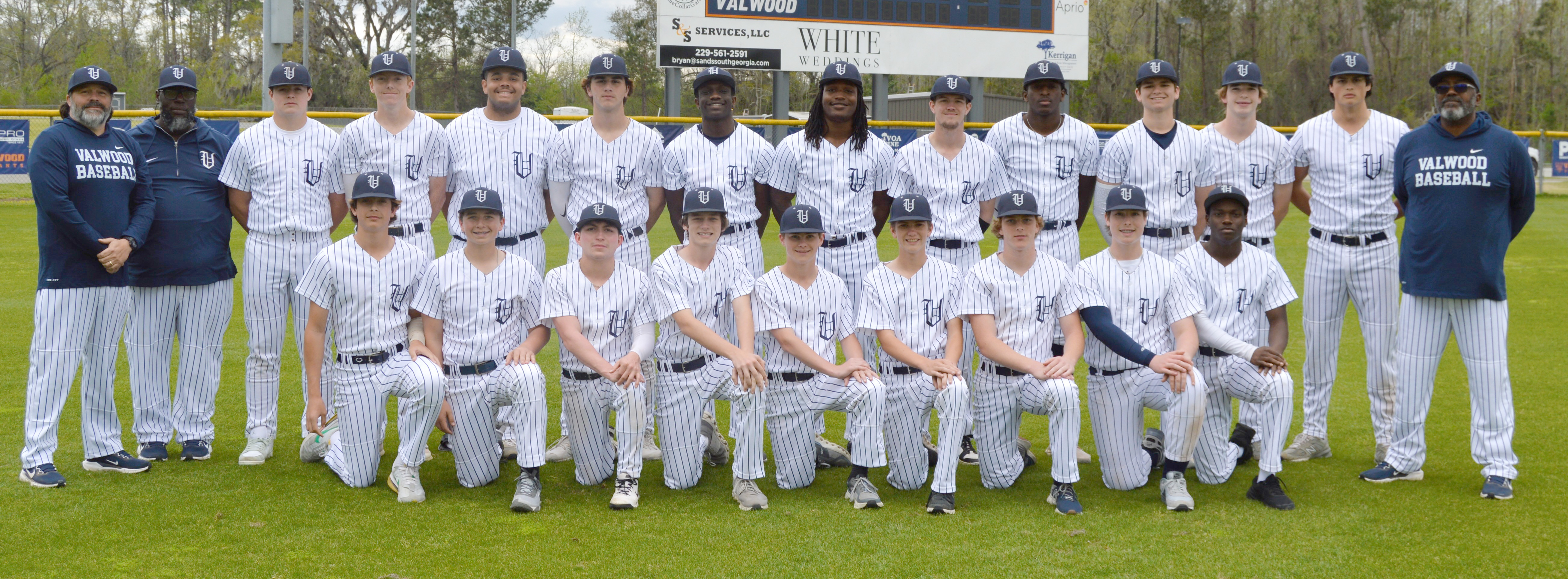Florida probe into domestic violence nonprofit to target possible state ‘co-conspirators’
Published 2:26 pm Friday, March 6, 2020
The House’s investigation into the Florida Coalition Against Domestic Violence could expand, Public Integrity & Ethics Committee Chairman Tom Leek said Thursday.
“We still don’t know how this was allowed to happen,” Leek, R-Daytona Beach, told the House after its floor session convened, adding the probe also will determine whether there are “co-conspirators” in the state’s Department of Children and Families (DCF).
The House subsequently approved a resolution to grant Leek’s committee “extraordinary authorization” to serve subpoenas and advanced a bill prohibiting DCF employees “whose primary responsibility includes monitoring, overseeing, evaluating, or procuring contracts” from working for “the contracted service provider he or she … procured a contract with for at least six years after leaving” DCF.
House Bill 7063 sponsor Rep. Margaret Good, D-Sarasota, said the bill is necessary to ensure “there is sufficient separation” between the DCF and nonprofit providers after learning of an “agency employee who went to work for FCADV.”
DCF has provided millions in state and federal funds to the Florida Coalition Against Domestic Violence, which a now-repealed law mandated as Florida’s only nonprofit domestic violence service provider to manage 42 shelters. The FCADV received $52 million through DCF this year.
DCF on Wednesday filed a 77-page lawsuit against FCADV, seven board members and five executive staff, including former CEO Tiffany Carr, who faces allegations of fraudulent concealment, fraudulent misrepresentation, negligent misrepresentation and civil conspiracy.
FCADV Chief Financial Officer Patricia Duarte and Chief Operating Officer Sandra Barnett testified last week before Leek’s committee that Carr funneled unspent DCF grant money into paid time off (PTO) days for her and select staff.
When she resigned from her $761,000 position in early November, Carr cashed in 465 PTO days from fiscal year 2017 and 620 OTOs from fiscal 2018, nearly $4.3 million, meaning she was paid about $7.5 million during a three-year span.
Leek told the House that Carr is avoiding his committee’s demand to appear before it, noting subpoenas have been served at all her Florida and North Carolinas residences but one — her $2 million Blue Ridge Mountain home in Cashiers, N.C.
“It is a gated community, and guards have refused access,” Leek said.
The House unanimously adopted a resolution to subpoena Carr “by any means necessary.”
Holding Carr accountable is important, Good said, but HB 7063 is among measures necessary to stiffen state oversight of state-funded nonprofits.
“We’ve spent a lot of time looking at Tiffany Carr and the board, but we need to remember the Legislature created this structure that allowed this to happen and we need to take action to ensure this type of scandal never happens again,” she said.
DCF’s lawsuit alleges FCADV broke its contract, its fiduciary duty and its implied duty of good faith, and spells out 51 allegations against 12 defendants.
Attorney General Ashley Moody also filed legal action Wednesday against FCADV, seeking to freeze its assets and the evidence against it and recover $7.5 million from Carr.
Moody, in a news conference, called Carr “one of the greediest people I have ever known in charge of a nonprofit.”
“The damage caused by the actions of Ms. Carr and the leadership of the coalition will certainly take time to repair,” she said. “But today’s action is aimed at recovering as much of the money that was wasted on executive compensation as we can to ensure that victims of domestic violence are safe and secure.”
Any money recouped through an accompanying emergency motion to appoint receivership would go to DCF.
Moody did not rule out filing criminal charges.





